2010 Chevrolet Malibu Brake Rotors and Pads
Click here to search another vehicle
All Rotors:
OEM x
Coated x
Drilled, Slotted and Coated x
Front x
Rear x
All Pads:
Ceramic x
Semi-metallic x
Front x
Rear x
Found 16 record
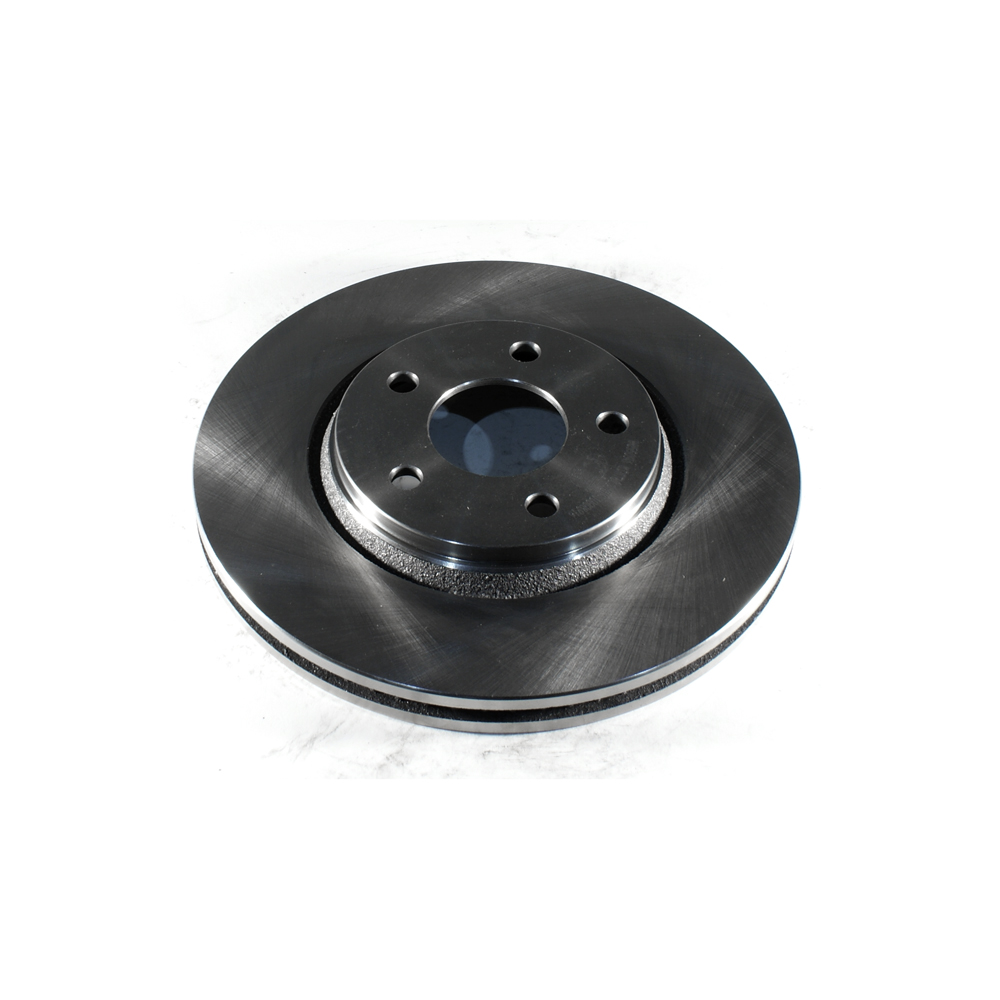
Part No: BR55093
Raybestos: 580184
OE: 22705375
Raybestos: 580184
OE: 22705375
$35.44 each
Per Car QTY: 2
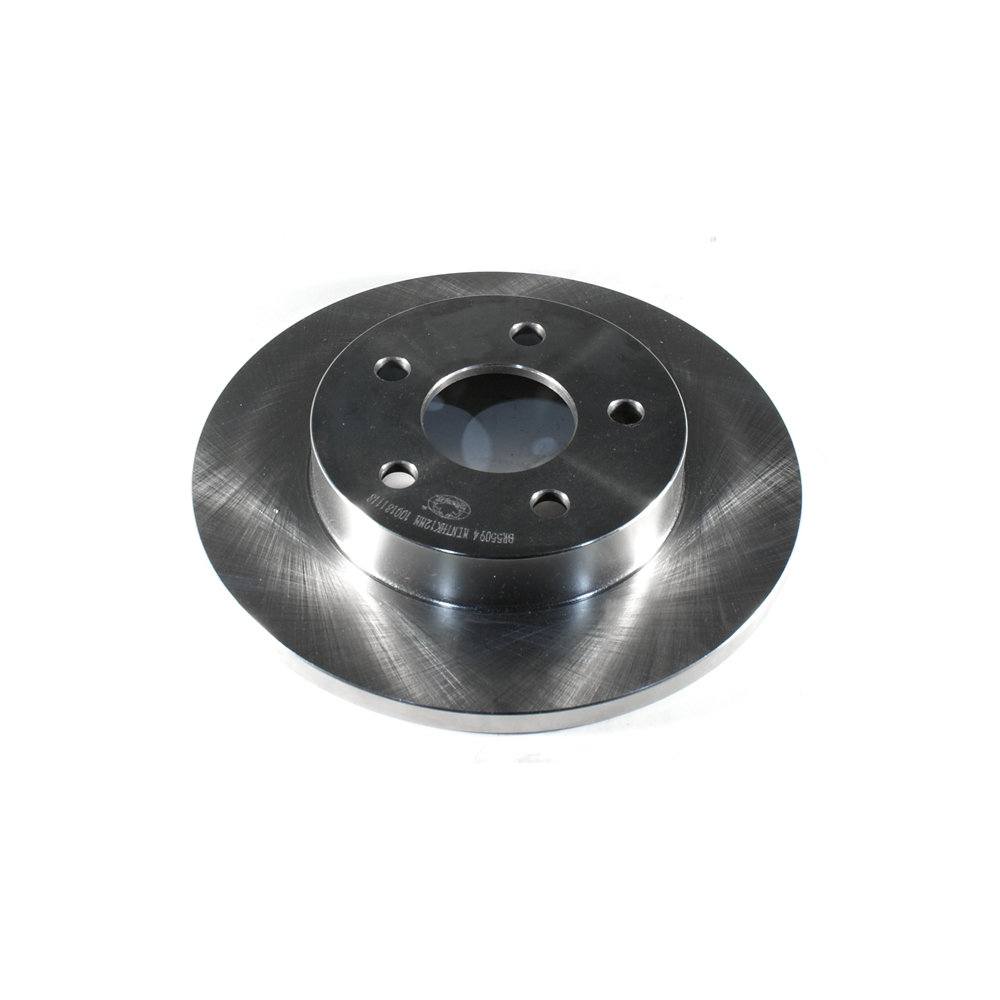
Part No: BR55094
Raybestos: 580243
OE: 22705356
Raybestos: 580243
OE: 22705356
$28.6 each
Per Car QTY: 2
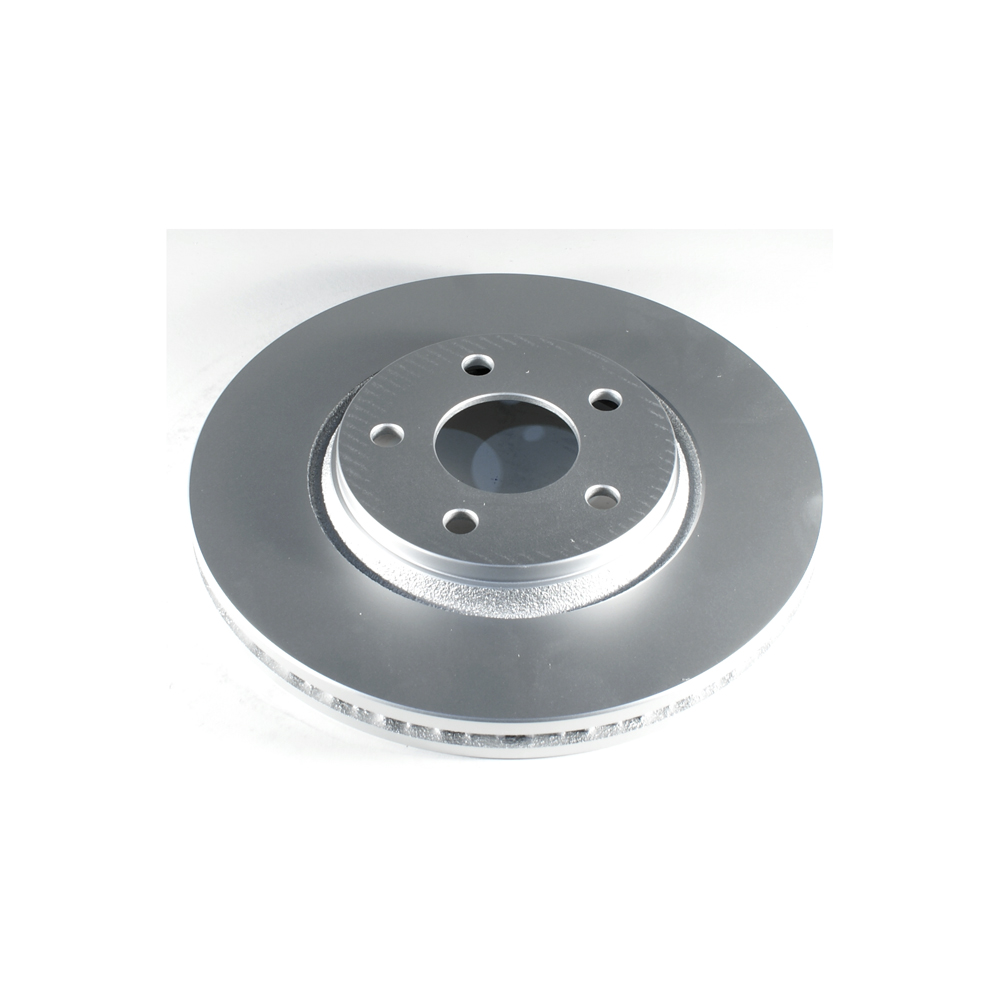
Part No: PP55093
Raybestos: 580184
OE: 22705375
Raybestos: 580184
OE: 22705375
$47.63 each
Per Car QTY: 2
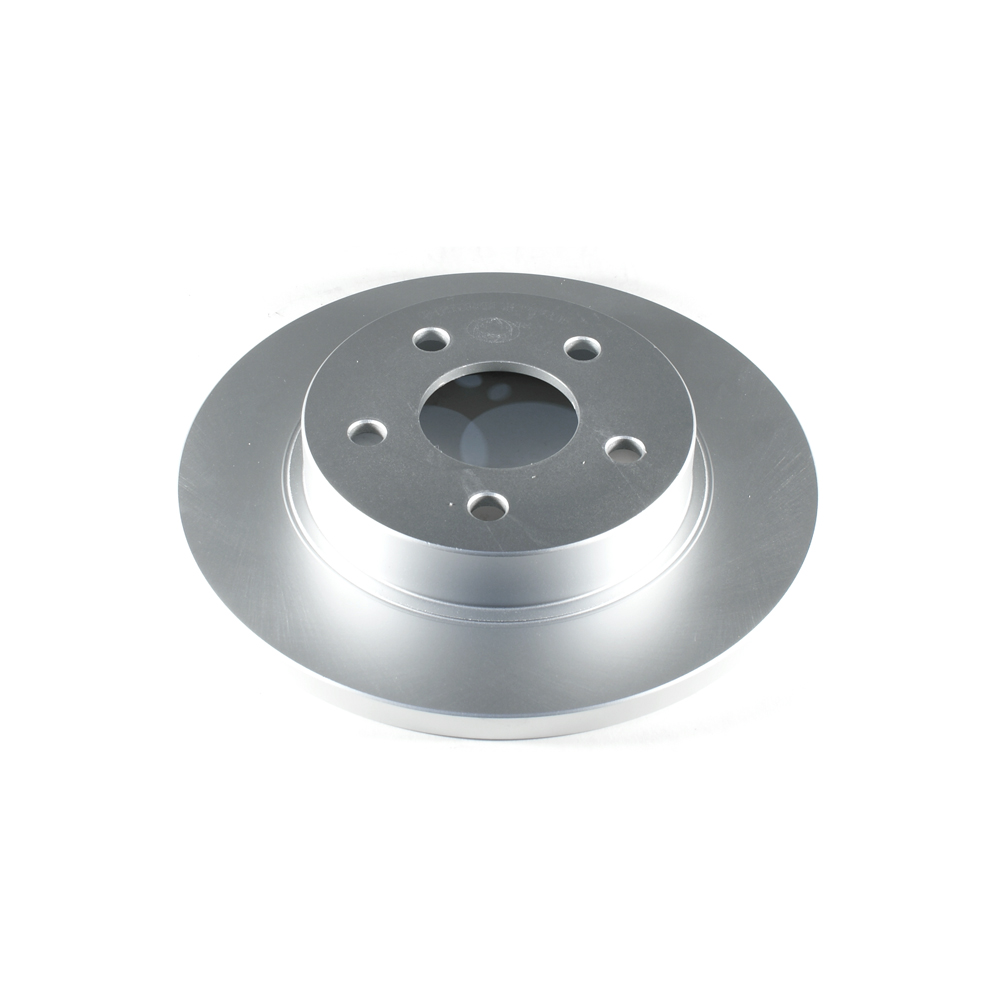
Part No: PP55094
Raybestos: 580243
OE: 22705356
Raybestos: 580243
OE: 22705356
$39.67 each
Per Car QTY: 2
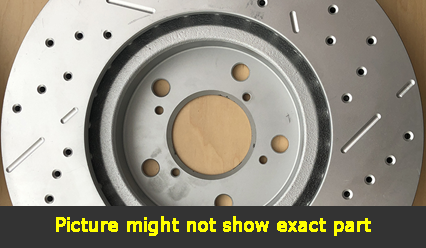
Part No: SP55093L
Raybestos: 580184
OE: 22705375
Raybestos: 580184
OE: 22705375
$80.03 each
Per Car QTY: 1
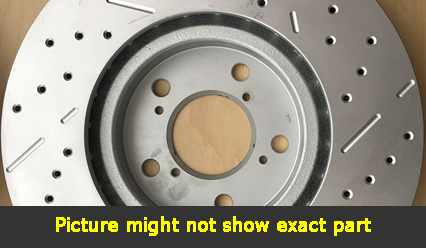
Part No: SP55093R
Raybestos: 580184
OE: 22705375
Raybestos: 580184
OE: 22705375
$80.03 each
Per Car QTY: 1
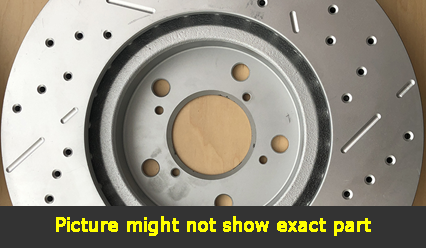
Part No: SP55094L
Raybestos: 580243
OE: 22705356
Raybestos: 580243
OE: 22705356
$72.07 each
Per Car QTY: 1

Part No: SP55094R
Raybestos: 580243
OE: 22705356
Raybestos: 580243
OE: 22705356
$72.07 each
Per Car QTY: 1
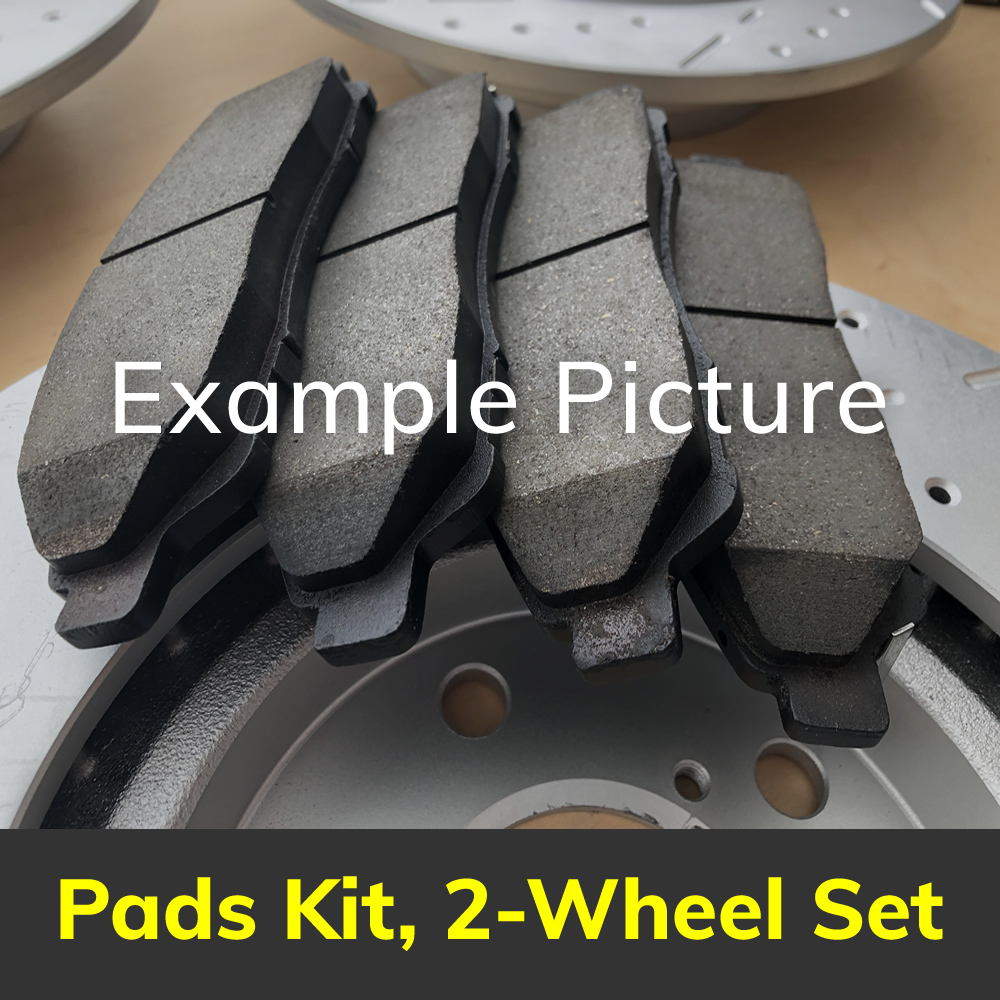
Part No: PD1028C
Raybestos: 1028
OE:
Raybestos: 1028
OE:
$39.78 each
Per Car QTY: 1
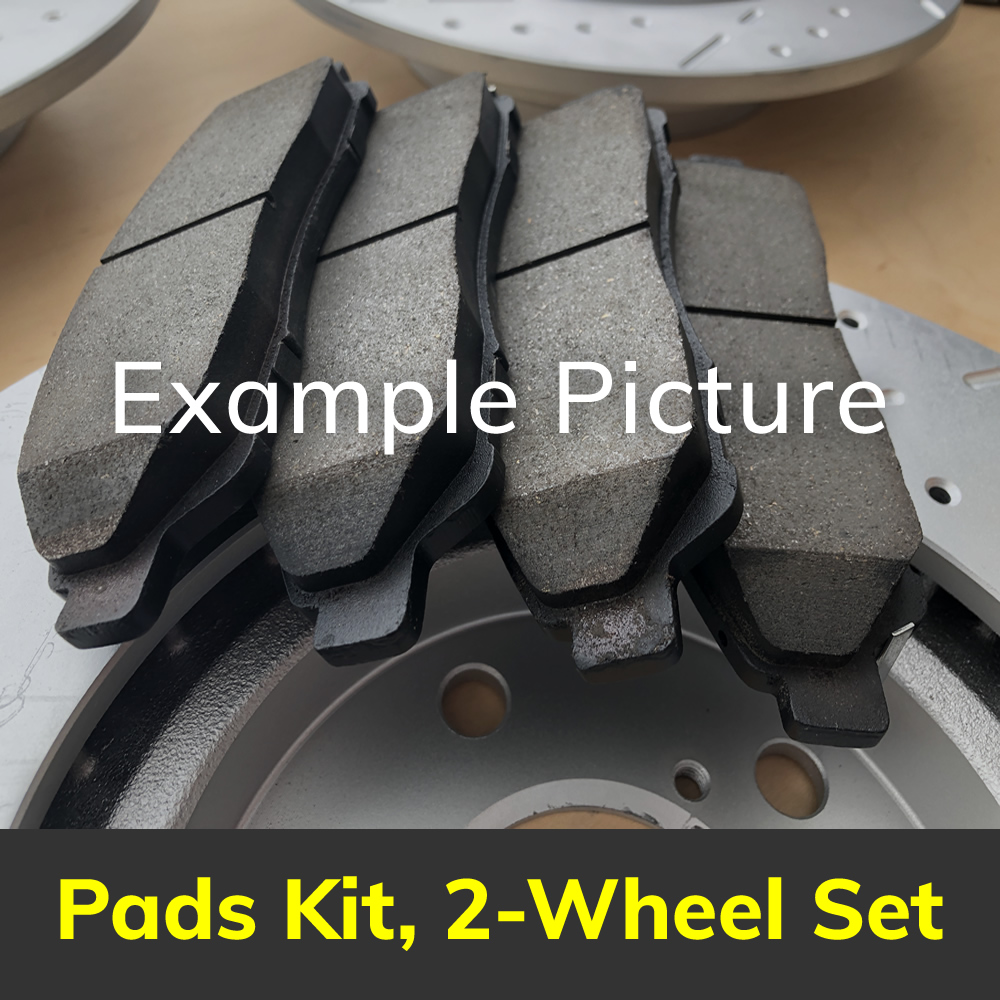
Part No: PD1160C
Raybestos: 1160
OE:
Raybestos: 1160
OE:
$31.59 each
Per Car QTY: 1
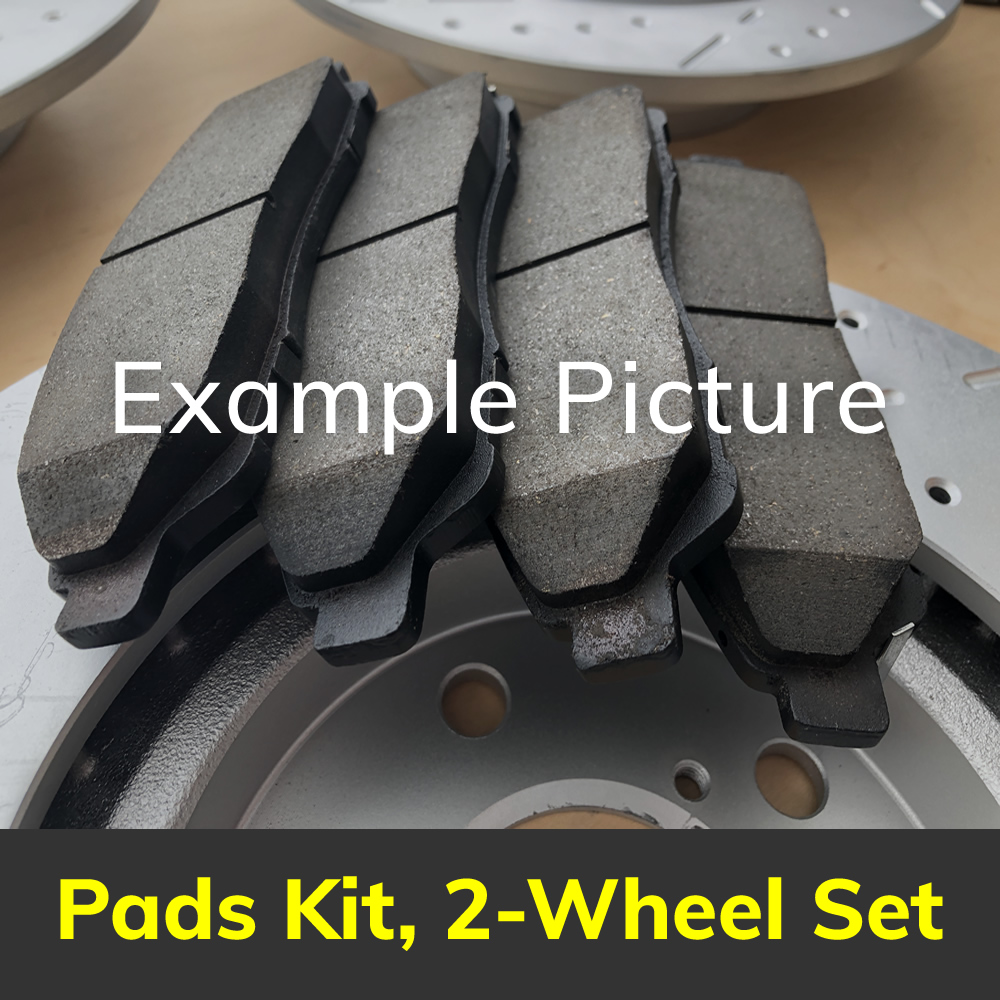
Part No: PD1033C
Raybestos: 1033
OE:
Raybestos: 1033
OE:
$34.18 each
Per Car QTY: 1

Part No: PD1364C
Raybestos: 1364
OE:
Raybestos: 1364
OE:
$35.68 each
Per Car QTY: 1
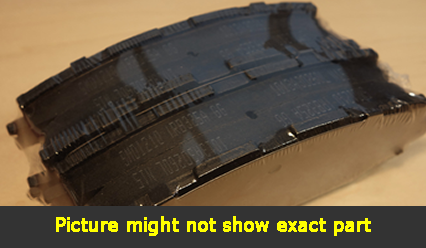
Part No: SMD1028
Raybestos:
OE:
Raybestos:
OE:
$22.41 each
Per Car QTY: 1
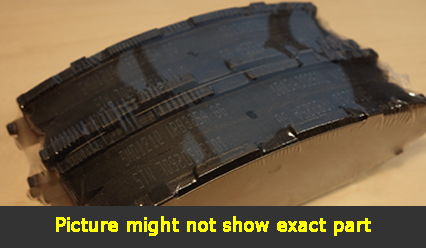
Part No: SMD1160
Raybestos:
OE:
Raybestos:
OE:
$24.55 each
Per Car QTY: 1
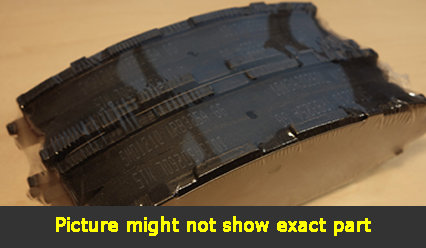
Part No: SMD1033
Raybestos:
OE:
Raybestos:
OE:
$22.34 each
Per Car QTY: 1
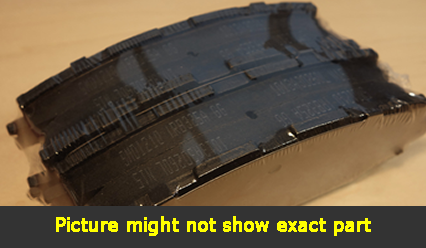
Part No: SMD1364
Raybestos:
OE:
Raybestos:
OE:
$25.54 each
Per Car QTY: 1
When it comes to choosing the right brakes for your 2010 Chevrolet Malibu, safety should be your utmost priority. Brakes are arguably one of the most critical components of any vehicle, as they ensure your ability to stop effectively and prevent accidents on the road. To help you navigate the often overwhelming world of brake options, here are some essential rules to consider when selecting brakes for your car.
1. Understand Your Driving Needs: One crucial factor when choosing brakes is understanding your driving habits and needs. Consider the type of driving you do most frequently. Are you more of a city driver or do you often tackle long highway drives? If you find yourself frequently driving in stop-and-go traffic, you might prefer brakes with enhanced stopping power and heat dissipation, such as ceramic brakes. On the other hand, if you mostly drive on highways, you may want to opt for brake pads with a longer lifespan, such as semi-metallic or organic pads.
2. OEM vs. Aftermarket: You have two main options when it comes to purchasing brakes for your Chevrolet Malibu – Original Equipment Manufacturer (OEM) or aftermarket brakes. OEM brakes are the same ones that came with your vehicle from the factory. They are designed to meet the manufacturer's specifications and give you a sense of reliability and familiarity. On the other hand, aftermarket brakes offer a wider range of options, including performance upgrades, and can often be more cost-effective. Consider your budget, preferences, and the reputation of the manufacturer when deciding between OEM and aftermarket brakes.
3. Brake Pad Material: Brake pads come in different materials, each offering its own advantages and disadvantages. Three common options are ceramic, semi-metallic, and organic brake pads. Ceramic brake pads are known for their enhanced durability, better performance in extreme temperatures, and lower noise levels. Semi-metallic pads provide excellent stopping power and are more affordable, but they tend to produce more noise and generate more dust than ceramic pads. Organic pads are the quietest and produce less dust, but they may not offer the same level of stopping power as the other options. Consider your budget, driving style, and priorities when determining the ideal brake pad material for your Malibu.
4. Rotor Quality and Design: When replacing brake pads, it’s crucial to assess the condition of your rotors as well. If your rotors are worn down or damaged, it is recommended to replace them. Quality rotors are essential for optimal braking performance. Consider purchasing rotors made from high-quality materials such as cast iron or carbon composite. Additionally, pay attention to the rotor design, as this can affect brake performance and heat dissipation. Slotted or drilled rotors offer better heat dissipation, reducing the risk of brake fade during intense braking.
5. Professional Help: Lastly, seek professional advice and assistance when it comes to selecting and installing the right brakes for your Chevrolet Malibu. Consult with a trusted mechanic or brake specialist who has experience with your specific vehicle model. They can offer valuable insights and ensure that you choose the most suitable brakes for your car.
Remember, brakes are a crucial safety feature of your vehicle, and compromising on their quality and suitability can have severe consequences. By understanding your driving needs, considering brake pad materials, evaluating rotor quality, and seeking professional guidance, you can make an informed decision and ensure optimal braking performance for your 2010 Chevrolet Malibu.
1. Understand Your Driving Needs: One crucial factor when choosing brakes is understanding your driving habits and needs. Consider the type of driving you do most frequently. Are you more of a city driver or do you often tackle long highway drives? If you find yourself frequently driving in stop-and-go traffic, you might prefer brakes with enhanced stopping power and heat dissipation, such as ceramic brakes. On the other hand, if you mostly drive on highways, you may want to opt for brake pads with a longer lifespan, such as semi-metallic or organic pads.
2. OEM vs. Aftermarket: You have two main options when it comes to purchasing brakes for your Chevrolet Malibu – Original Equipment Manufacturer (OEM) or aftermarket brakes. OEM brakes are the same ones that came with your vehicle from the factory. They are designed to meet the manufacturer's specifications and give you a sense of reliability and familiarity. On the other hand, aftermarket brakes offer a wider range of options, including performance upgrades, and can often be more cost-effective. Consider your budget, preferences, and the reputation of the manufacturer when deciding between OEM and aftermarket brakes.
3. Brake Pad Material: Brake pads come in different materials, each offering its own advantages and disadvantages. Three common options are ceramic, semi-metallic, and organic brake pads. Ceramic brake pads are known for their enhanced durability, better performance in extreme temperatures, and lower noise levels. Semi-metallic pads provide excellent stopping power and are more affordable, but they tend to produce more noise and generate more dust than ceramic pads. Organic pads are the quietest and produce less dust, but they may not offer the same level of stopping power as the other options. Consider your budget, driving style, and priorities when determining the ideal brake pad material for your Malibu.
4. Rotor Quality and Design: When replacing brake pads, it’s crucial to assess the condition of your rotors as well. If your rotors are worn down or damaged, it is recommended to replace them. Quality rotors are essential for optimal braking performance. Consider purchasing rotors made from high-quality materials such as cast iron or carbon composite. Additionally, pay attention to the rotor design, as this can affect brake performance and heat dissipation. Slotted or drilled rotors offer better heat dissipation, reducing the risk of brake fade during intense braking.
5. Professional Help: Lastly, seek professional advice and assistance when it comes to selecting and installing the right brakes for your Chevrolet Malibu. Consult with a trusted mechanic or brake specialist who has experience with your specific vehicle model. They can offer valuable insights and ensure that you choose the most suitable brakes for your car.
Remember, brakes are a crucial safety feature of your vehicle, and compromising on their quality and suitability can have severe consequences. By understanding your driving needs, considering brake pad materials, evaluating rotor quality, and seeking professional guidance, you can make an informed decision and ensure optimal braking performance for your 2010 Chevrolet Malibu.


